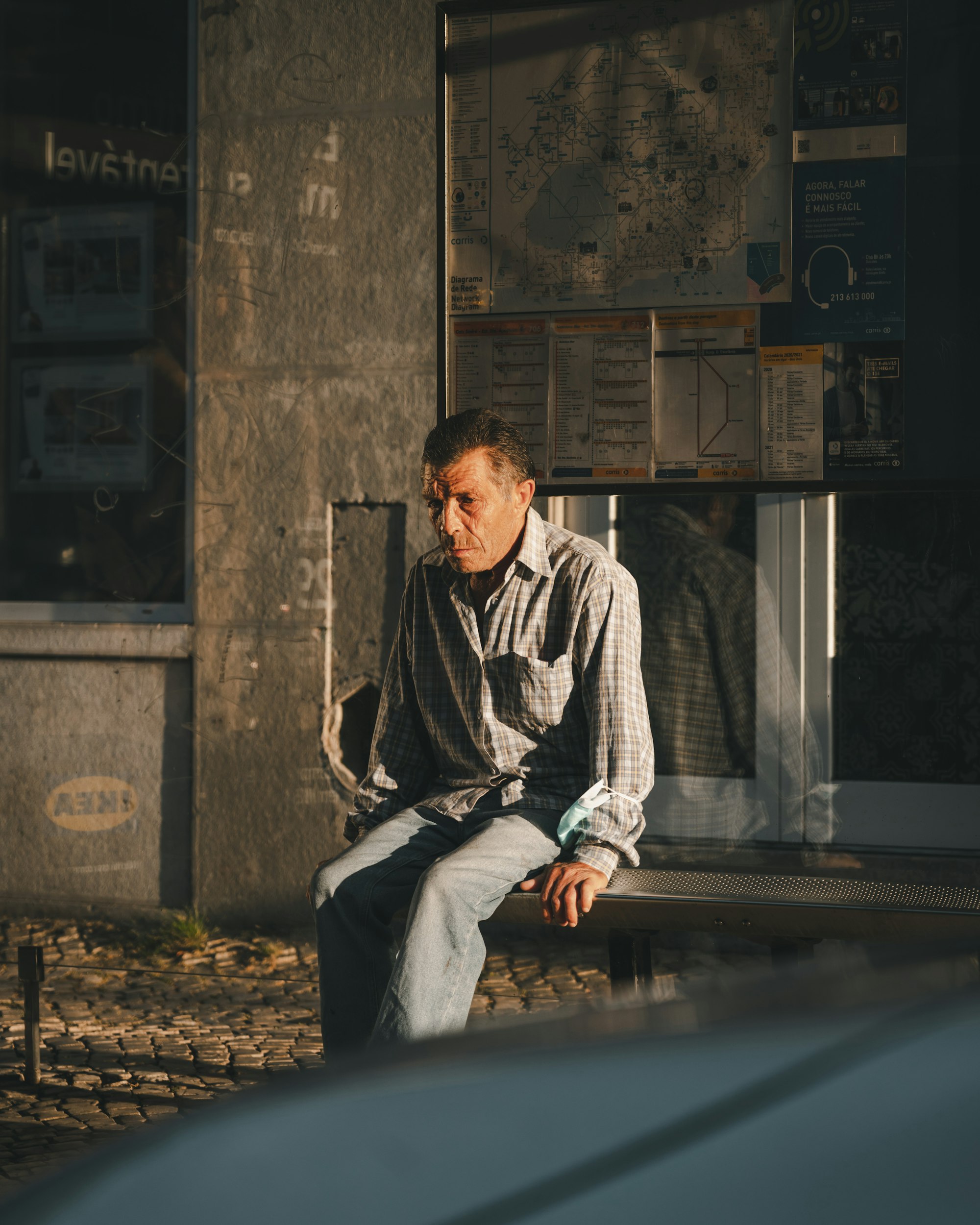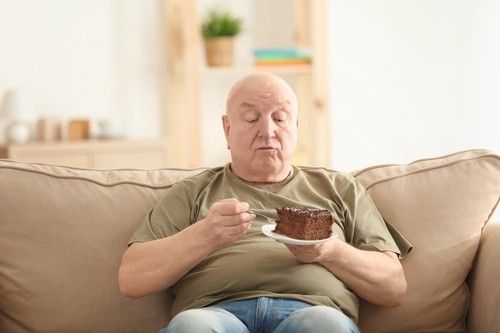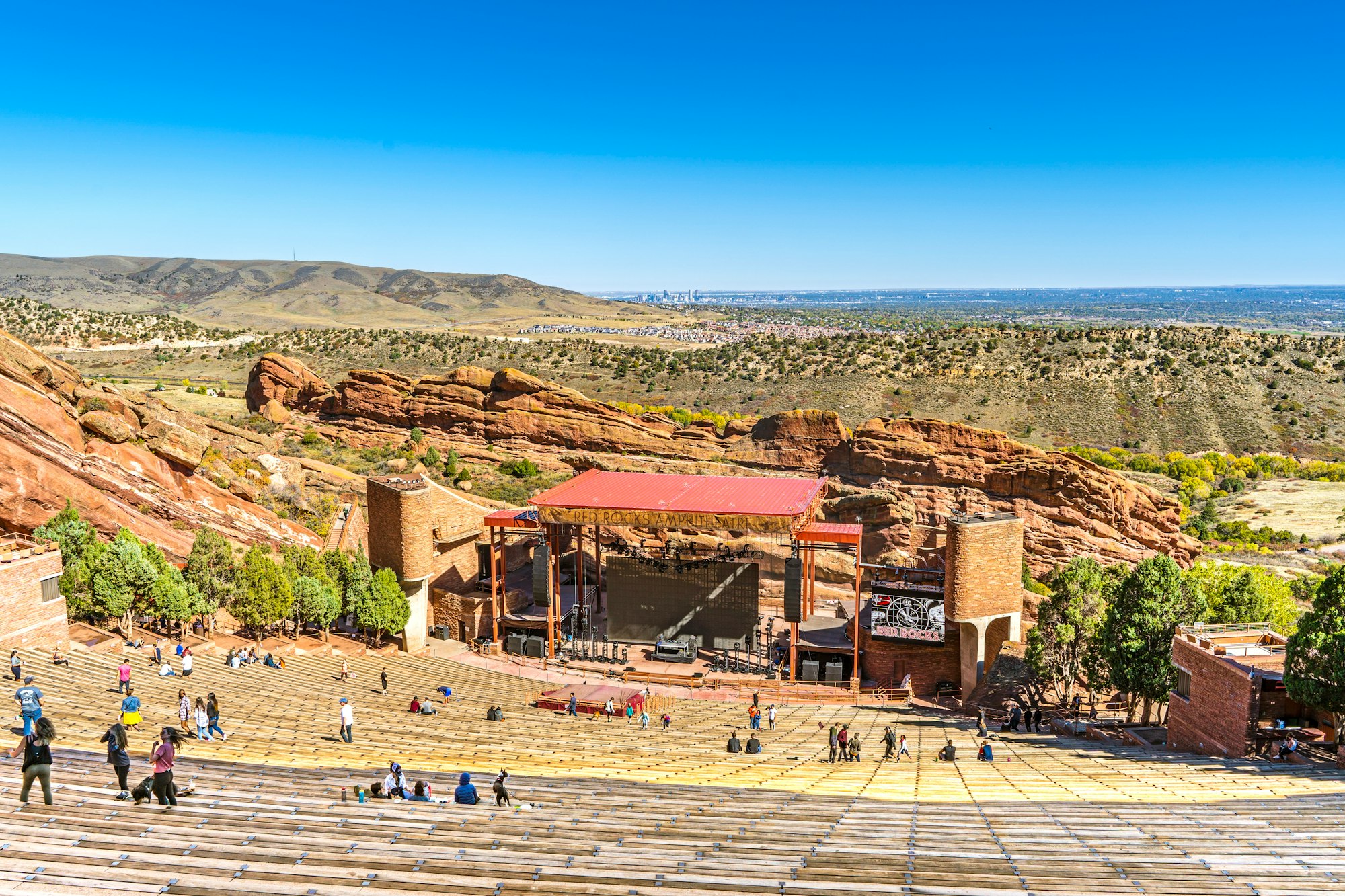
Our elders inform us about life. Sometimes the lessons are what not to do.
Recently, I received a heartfelt note from a commenter on Medium about a story that I had written:
...My father lived in San Francisco most of his life and while he didn’t participate in sports or work out he walked a lot, every day, several times a day, up and down hills into his 80s. Then he moved to North Carolina to live with my sister and the walking ended. He gradually started curling into a C shape and could only walk with a walker and then only slowly. He died at 90.
A lot of what motivated my own weight loss and attendant active lifestyle was watching that happen to him. His last 8 years were miserable because of his decreased mobility. My goal is not to live longer but to live better. I want to keep moving as long as I possibly can!
This past weekend I did a hike I like to do near where I live. It has a very challenging ascent at the beginning and the second half is a more relaxed descent. This time I did it with 30 pounds of weight on my back. I couldn’t help but think that the weight on my back was only half of what I’d lost. I barely noticed it. More next time! (author bolded)

Sometimes we as parents forget that our kids are watching what we do. That's true for mentors and other influencers in our lives as well. The example they give us, for better or worse, informs our decisions.
My dad smoked, so did my brother. My dad drank, so did my brother. The health problems they suffered were similar, although my father didn't abuse drugs. Both men flipped a bird at Fate, and Fate took them both younger than necessary. The shape they were in at the end was pretty bad, both physically and emotionally.
When I was 18 I was home visiting my parents on our farm. My dad, who had invested in a fifth-wheel camper and a big Dodge truck, was outside in the bright Florida sunshine working on the truck. He was in his early sixties at the time. By this point, it had been years since he'd done regular farm labor. He'd quit smoking, after more than forty years, and had traded his Marlboros for jujubes. Snacking on those all day long had added a large layer of fat onto his once-flat belly.
As I've written elsewhere, I realized my father, who was crouched next to the left front wheel, was sobbing. When he noticed my staring at him, he looked up, his eyes red and his grizzled cheeks sparkling with tears, and said,
"I can't do this any more."
Yet, my very intelligent and otherwise highly motivated father, finally free of his lifelong smoking habit and faced with what would be an additional twenty years of life, did nothing to improve his health. He sat more, ate more, drank more, never bothered to exercise. He learned how to cook bread, which wasn't in and of itself an issue. Just that he would layer it with a half-inch of margarine, then an inch of peanut butter, and have two or three slices of that. Before dinner.
And ignore that his physical activity level didn't support that kind of diet. My father wasn't the slightest bit interested in any unsolicited advice from kids about nutrition or calories. It would be fair to say many if not most parents aren't particuarly willing to be parented by their kids, even if it might be hugely helpful. It's an admission of the shift of power dynamics.
Ultimately Dad died in his early 80s. Most of his siblings would outlive him by at least another ten years. Part of it was the smoking that had ruined his lungs.
More importantly, Dad had just given up.
"I'm too old," he would say. At some point, I guess he figured that if the body wasn't going to do what he hoped, he would let it do what it wanted, while he did what he wanted.
Not a good plan for longevity. And not just longevity, but vibrant longevity.
Our parents do not have to be our role models.
As my commenter made clear, above, he has chosen to keep walking. He's already lost some sixty pounds, and is instead putting that into a backpack to make his hikes even harder. Having watched his once-vibrant father curl into a C, and wither along the way, he's decided that isn't the road he chooses.
When I saw my father deteriorate over time, becoming more overweight, less coherent and addled for lack of self-care, a lifetime of bad habits, I realized I also had a choice. Truth, the very LAST thing he wanted or would have accepted from me was any kind of health advice unless he asked for it. Well, okay, he did ask, once.
At dinner, as he chowed down on more peanut butter-swathed pieces of his thick fresh bread, he complained that he sat in the hot tub at the facility where they had retired, and for at least fifteen minutes he would move his legs in and out.
"Why doesn't that reduce my belly?" He asked, annoyed.
He didn't want to hear the answer. At that late juncture, in his seventies, all he really wanted was to complain. He knew that if he really wanted his flat belly back, which by that point was highly unlikely, he'd have to sacrifice a few things.
Instead, as was his wont, he made more beautiful brown bread, pushing thick, hot slices of it slathered with melting butter at my mother, then attacking her for gaining weight. Which had nothing to do with her, and everything to do with his growing dissatisfaction with his own body.
While it is a great inevitability that we are subjected to the holy terror of watching the Great Strong Men who were the pillars of our lives as children be reduced to children as they age, the other truth is that in so many cases this doesn't have to be the case. What we now know about aging, the body and how nutrition and exercise as well as social support and a continued purpose can add a lot more than just years.
Those four things, of which my father was missing all four, could have propped him up.
Instead, our fathers end up like rusting props in a corner.
"There's Pops," we say sadly. "Honestly."
Well, hell.

I would suspect that my father, and my commenter's father, in the fullness of their youth, likely had a lot to say about how they weren't going to age like THEIR parents.
Until they did, or circumstances conspired against them. Which is why, if there is any possible way, you and I take measures right now, today, this very second, to rewrite our futures. You can take, as my commenter did, what you saw happening to your father and use it to motivate you to get going.
You can also take comfort knowing that you can indeed at any point start making positive changes, and to that, ensure that as you age, you put yourself into the position to stay active, keep walking, hiking, whatever, and stay busy.
To that, my father had a fertile mind, and was forever needing work. When he retired, and after he and my mother also retired their well-loved and well-used RV, he went slightly mad. Instead of working out, he turned to making food. That kept him busy, but it also kept him eating, and away from being outside, in the fresh Colorado air, which might have invigorated him far more than the smell of baking bread.
Okay, maybe not. But you get the point.
Our fathers, our parents, our mentors will diminish. They will die. Part of the "holy terror" I mentioned above is that they are indeed going to leave us, the ultimate abandonment. They must leave us, as life is full of meetings and partings.
These partings are among the most cruel, of course, for there is forever a part of the human heart that desperately doesn't want Daddy to go away.
For those of us fortunate enough to have fathers who live long enough to teach us lessons about how to live well into old age, they offer something even more important. For even as they have to leave us, even as they slowly fade, what is bright within them can inspire what can become bright within us, to be handed down to our children by example.

In 2018, I joined the September 11th annual stair challenge which raises money for the survivors of that awful event. Thousands show up, and those of us who volunteer are given a photo of a fallen firefighter whose family we represent. As I climbed the stairs that day, I regularly passed a fireman in full bunkers who was climbing with his young daughter. Those two had trained all year long, just like I had.
I will never forget the look on that child's face as she caught his eye every so often. She was so proud of her dad.
That's the spark. That's what's eternal. It's earned, that respect and love. Even as Dad must diminish, even as we watch this big strong man slow down and eventually leave us, the example he sets, especially as he ages, is what can sustain us for the rest of our lives.
If I want physical agency late in life, if I wish to continue to enjoy this world well into my nineties, I have to earn it. As my commenter writes above, he chooses the harder path. Each of our fathers gave us this unintentional gift: what not to do. In all fairness, we both likely would have preferred a dad who would hike with us.
We'd slow down, too. We'd take our time, for an aging father willing to walk with us to the top of a local bluff is a fine thing to have indeed. It's not a race. It is, in fact, a slow relay. At some point, he hands us the torch, as he must.
Comments powered by Talkyard.